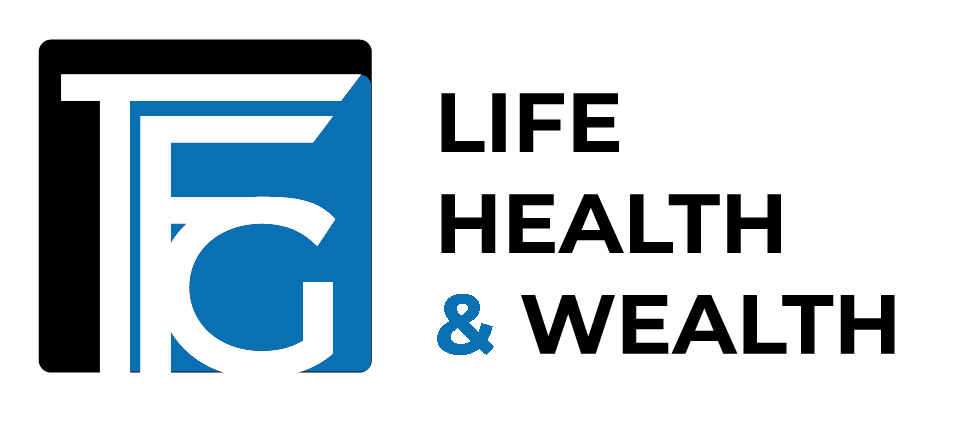Preserve and Increase Your Wealth
IUL - Indexed Universal Life Insurance
Indexed Universal Life (IUL) insurance is a type of permanent life insurance that combines the death benefit protection of traditional whole life insurance with the potential for cash value growth tied to market indexes such as the S&P 500. The cash value growth of an IUL policy is tied to the performance of a market index, but with a cap on the maximum amount of growth that can be achieved. Some carriers offer guaranteed minimum interest rates. This provides policyholders with the potential for higher returns than traditional whole life insurance while also limiting their downside risk. IUL policies also typically have flexible premium payments and death benefit options, allowing policyholders to tailor the policy to meet their individual needs and goals. IUL is best for individuals who want a permanent life insurance solution with the potential for higher returns on their cash value and the ability to customize the policy to meet their specific needs and goals.
IBC - Infinite Banking Concept
Infinite banking, also known as the Bank on Yourself method, is a financial strategy that utilizes a whole life insurance policy as a savings and investment vehicle. The idea behind infinite banking is to use the cash value component of a whole life insurance policy as a source of savings and investment, allowing policyholders to "bank on themselves" rather than relying on traditional banks and financial institutions. Proponents of infinite banking argue that this strategy provides several benefits, including tax-free access to cash value, the ability to earn a guaranteed rate of return on the cash value, and the potential for higher returns compared to traditional savings and investment vehicles. However, it is important to note that whole life insurance policies can be complex and that it is important to understand all the details and risks before using a whole life insurance policy for infinite banking purposes.
Eliminate Debt
Using an Infinite Banking Policy for it’s cash value, the policyholder can access funds for various expenses and investments, including paying off debt. By taking out loans against the cash value of a life insurance policy, the policyholder can use the funds to pay off outstanding debts such as mortgages, credit card balances, and loans. The cash value can be used to repay the debt and the policyholder can continue to make premium payments to the policy, replenishing the cash value and maintaining the death benefit. However, it is important to note that Infinite banking is a financial strategy and not a guaranteed debt elimination solution. It requires a significant planning and discipline to maintain the life insurance policy and a commitment to repaying the policy loans and maintaining the policy in force. Additionally, it's important to consult with an insurance professional before making any decisions. Also, it's important to consider that Infinite banking is not recommended for everyone, and it's necessary to carefully evaluate your personal financial situation and your long-term financial goals. It may not be the best option for individuals who are not disciplined in following a financial plan or who have a limited budget for life insurance.
Wealth preservation without market risk
A fixed life insurance annuity is a type of annuity that combines the features of both a fixed annuity and a life insurance policy. It is a type of permanent life insurance, typically whole life or universal life, that includes an investment component that can accumulate cash value over time. A fixed life insurance annuity works by allowing the policyholder to make premium payments into the policy, which are then invested by the insurance company. The policyholder earns a fixed rate of interest on the premium payments, which is guaranteed by the insurance company. The policy also includes a death benefit, which is paid out to the beneficiaries in the event of the policyholder's death. One of the key benefits of a fixed life insurance annuity is that the cash value can accumulate on a tax-deferred basis, meaning that the policyholder does not have to pay taxes on the growth until they withdraw the money. Additionally, the death benefit paid out to the beneficiaries is generally income tax-free. The policyholder also can choose to annuitize the policy, which means converting the policy's cash value into a stream of income payments. This can provide an additional source of income during retirement. It's important to note that fixed life insurance annuities are complex financial products and it's recommended to consult with an insurance professional before making any decisions.
Pay For a College Education
Life insurance can be a source of funds to pay for college in a few ways. One way is through the use of a permanent life insurance policy, such as whole life or universal life insurance, which builds cash value over time. The policyholder can access this cash value through policy loans or withdrawals to pay for college expenses such as tuition, room and board, or textbooks. Another way life insurance can help pay for college is by providing a death benefit to the policyholder's beneficiaries in the event of their untimely death. This death benefit can be used to cover the cost of college for the policyholder's children or other dependents. It's important to note that while life insurance can be a source of funds to pay for college, it should not be the only source of funding. Other options to consider include grants, scholarships, student loans, and education savings plans such as 529 plans. It's always recommended to speak with an insurance agent to determine the most appropriate strategy for your individual college funding plan.
National Producer #19939270
Licensed in the following States
MA, NY, PA, OH, WV, MD, DE, VA, SC, GA, FL MI, & TX

58 Eastbrook Rd. Ronks, PA 17572
Copyright 2024 The Frey Group All Rights Reserved
